Home>Home Appliances>Home Automation Appliances>Why Does Alexa Go Off Randomly
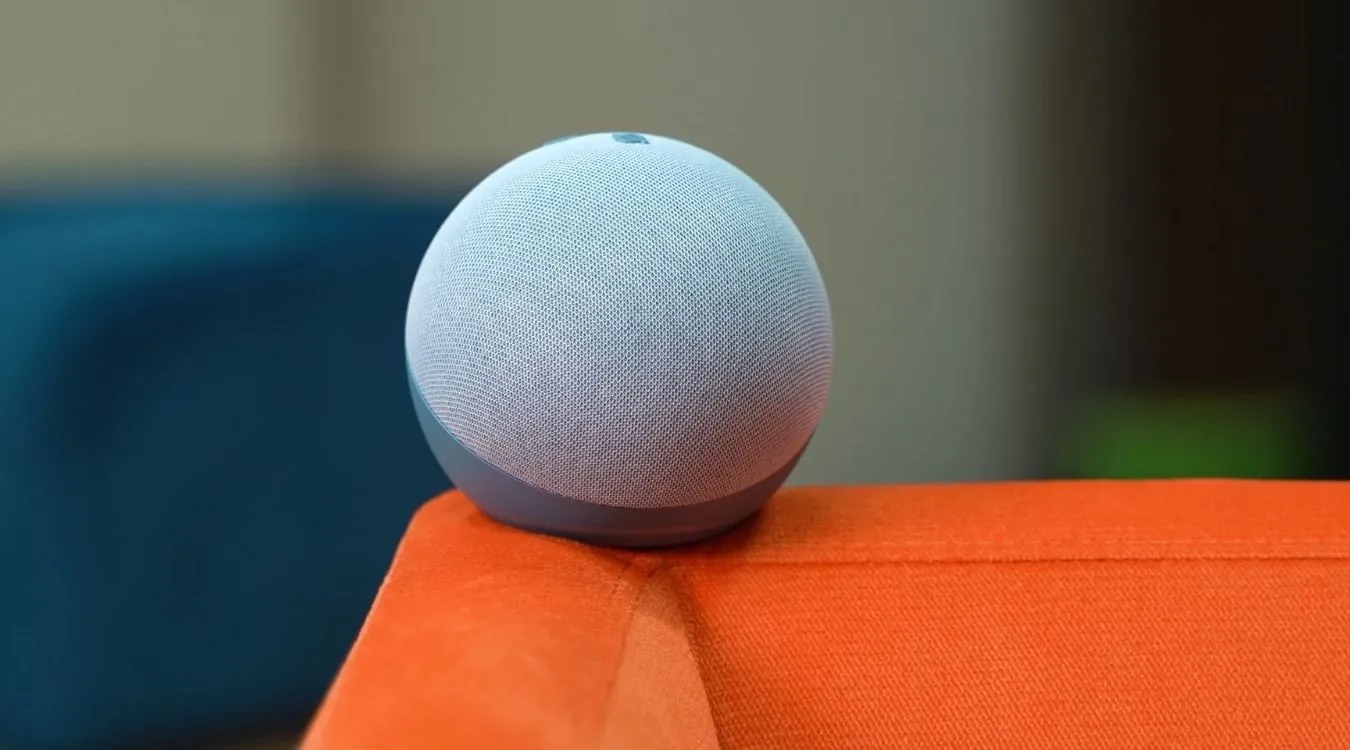

Home Automation Appliances
Why Does Alexa Go Off Randomly
Modified: January 24, 2024
Discover why Alexa goes off randomly and how to troubleshoot this issue with your home automation appliances. Get expert tips and solutions to prevent unexpected Alexa activations.
(Many of the links in this article redirect to a specific reviewed product. Your purchase of these products through affiliate links helps to generate commission for Storables.com, at no extra cost. Learn more)
Introduction
Read more: Why Would Smoke Detector Go Off Randomly
Introduction
As the centerpiece of many smart homes, Amazon’s Alexa has revolutionized the way we interact with our living spaces. From controlling lights and thermostats to answering burning questions and playing our favorite tunes, Alexa has seamlessly integrated into our daily lives. However, there are instances when Alexa seems to go off randomly, startling us with unexpected responses or actions. In this article, we’ll delve into the intriguing world of Alexa’s triggering mechanism to understand why these spontaneous activations occur. By unraveling the factors contributing to this phenomenon, we can gain valuable insights into optimizing our Alexa experience and minimizing these unexpected interruptions. Let’s embark on a journey to demystify the enigmatic triggers that occasionally prompt Alexa to spring to life without a clear prompt from its users.
Key Takeaways:
- Alexa may go off randomly due to sensitivity to similar-sounding words and external interference, but strategic device placement and clear enunciation can minimize unexpected activations.
- Understanding and addressing factors like misinterpretation of wake words and device malfunctions can optimize Alexa’s performance, fostering a seamless smart home experience.
Understanding Alexa’s Triggering Mechanism
At the heart of Alexa’s functionality lies a sophisticated voice recognition system designed to detect and respond to specific wake words or commands. When triggered, Alexa springs into action, ready to fulfill your requests and commands. However, understanding the nuances of this triggering mechanism can shed light on why Alexa may appear to activate unexpectedly.
One crucial aspect to consider is the sensitivity of Alexa’s wake word detection. While this sensitivity is finely tuned to recognize the wake word accurately, it can also lead to false positives in certain situations. External noise, conversations, or even media content with similar-sounding words can inadvertently trigger Alexa, giving the impression of random activations.
Moreover, Alexa’s ability to learn and adapt to different accents and speech patterns adds another layer of complexity to its triggering mechanism. This adaptability, while impressive, can occasionally result in misinterpretations, causing Alexa to respond to unintended phrases or words that resemble its wake word.
Furthermore, the placement of Alexa-enabled devices within our homes can influence their responsiveness. For instance, devices located in high-traffic areas or near sources of ambient noise may be more susceptible to unintended triggers, leading to seemingly random activations.
By gaining a deeper understanding of these intricacies, users can proactively mitigate the occurrence of random activations and optimize their Alexa experience. In the subsequent sections, we’ll explore the potential factors contributing to these unexpected triggers and discuss practical strategies to minimize their impact.
External Interference
External interference can significantly impact the performance of Alexa-enabled devices, potentially leading to unexpected activations. Various external factors, ranging from electronic signals to environmental noise, can influence the responsiveness of these devices, prompting seemingly random interactions with Alexa.
One prevalent form of external interference is electromagnetic signals emitted by electronic devices such as microwaves, cordless phones, and other wireless gadgets. These signals, particularly those operating in the 2.4GHz frequency range, can overlap with the communication frequency used by Alexa-enabled devices, potentially causing signal disruptions and triggering unintended responses.
Additionally, environmental factors such as loud sounds, including music, television, or even nearby construction noise, can inadvertently activate Alexa. The device’s microphones, designed to capture voice commands clearly, may also pick up these ambient sounds, leading to false activations and unexpected interactions.
To mitigate the impact of external interference, users can consider optimizing the placement of their Alexa-enabled devices. Positioning these devices away from sources of electromagnetic interference and ambient noise can minimize the likelihood of unintended triggers. Furthermore, ensuring that the devices are placed on stable surfaces and away from potential signal obstructions can contribute to a more reliable and consistent user experience.
By recognizing the potential influence of external factors on Alexa’s triggering mechanism, users can take proactive measures to create an environment conducive to seamless interactions with their devices. In the following sections, we’ll explore additional factors that may contribute to seemingly random activations and discuss strategies to address them effectively.
Misinterpretation of Wake Words
One of the intriguing aspects of Alexa’s voice recognition system is its ability to discern specific wake words or commands amidst varying speech patterns and accents. However, this very adaptability can contribute to instances of misinterpretation, potentially leading to unexpected activations.
A key factor contributing to misinterpretation is the contextual nature of language. Certain phrases or words, when spoken in proximity to Alexa’s wake word, may be misconstrued as a trigger, prompting the device to respond unexpectedly. Additionally, variations in pronunciation and enunciation, especially in diverse linguistic environments, can pose challenges to accurate wake word recognition.
Furthermore, the presence of homophones—words that sound similar but have different meanings—can introduce ambiguity into Alexa’s wake word detection. In scenarios where these homophones are used in close proximity to the wake word, Alexa may inadvertently perceive them as triggers, resulting in seemingly random activations.
Users can adopt several strategies to minimize the impact of misinterpretation on Alexa’s triggering mechanism. Providing clear and distinct enunciation of wake words, avoiding the use of similar-sounding words in close proximity to the wake word, and minimizing background noise during interactions can contribute to more accurate wake word recognition.
Moreover, leveraging the customizable sensitivity settings available for some Alexa-enabled devices can offer users greater control over wake word detection, potentially reducing the occurrence of unintended triggers. By understanding and addressing the potential challenges associated with wake word misinterpretation, users can enhance the reliability and precision of their interactions with Alexa, fostering a more seamless and intuitive experience.
Check for any scheduled alarms or reminders that may be causing Alexa to go off randomly. You can do this by asking Alexa, “What alarms are set?” or checking the Alexa app for any scheduled events.
Read more: Why Does Alexa Randomly Talk
Device Malfunction
While Alexa-enabled devices are designed to deliver consistent and reliable performance, occasional malfunctions can contribute to unexpected activations. Understanding the potential sources of device malfunction can empower users to troubleshoot and address these issues effectively.
One common factor contributing to device malfunction is software instability. Updates, compatibility issues, or software glitches can disrupt the normal operation of Alexa-enabled devices, leading to erratic behavior, including random activations. In such instances, performing software updates, ensuring compatibility with connected devices, and resetting the device to its factory settings can help resolve software-related malfunctions.
Hardware issues, such as microphone sensitivity irregularities or power supply fluctuations, can also impact the functionality of Alexa-enabled devices. Physical damage or wear and tear may compromise the device’s components, potentially leading to unexpected triggers or unresponsive behavior. Regular maintenance, inspection of hardware components, and ensuring a stable power supply can mitigate the risk of hardware-related malfunctions.
Moreover, network connectivity issues can contribute to device malfunction, affecting the communication between Alexa-enabled devices and the cloud-based Alexa service. Unstable or unreliable internet connections, router malfunctions, or network congestion can disrupt the seamless operation of these devices, leading to intermittent activations or unresponsiveness. Troubleshooting network connectivity issues, optimizing Wi-Fi settings, and ensuring a robust internet connection can address these underlying concerns.
By recognizing the potential sources of device malfunction and adopting proactive measures to address them, users can foster a more stable and consistent experience with their Alexa-enabled devices. In the subsequent sections, we’ll summarize the key insights presented in this article and offer practical recommendations for optimizing the functionality of Alexa and minimizing the occurrence of random activations.
Conclusion
As we unravel the intricacies of Alexa’s triggering mechanism, it becomes evident that a myriad of factors can contribute to seemingly random activations. From external interference and misinterpretation of wake words to potential device malfunctions, understanding these underlying influences is crucial in optimizing the performance of Alexa-enabled devices and minimizing unexpected triggers.
Recognizing the impact of external interference, users can strategically position their devices to mitigate the influence of electromagnetic signals and ambient noise, fostering a more reliable interaction with Alexa. Additionally, addressing the challenges associated with misinterpretation of wake words through clear enunciation and minimizing linguistic ambiguities can enhance the precision of voice recognition, reducing the likelihood of unintended activations.
Furthermore, proactive measures to address potential device malfunctions, including software updates, hardware maintenance, and network optimization, can contribute to a more stable and consistent user experience with Alexa. By incorporating these insights into their interactions with Alexa-enabled devices, users can navigate the complexities of the triggering mechanism and harness the full potential of these innovative technologies.
Ultimately, as smart home ecosystems continue to evolve, understanding the intricacies of voice-activated assistants such as Alexa empowers users to optimize their interactions and cultivate seamless integration into their daily lives. By embracing a proactive approach to addressing potential triggers and malfunctions, users can unlock the transformative capabilities of Alexa, harnessing its convenience and functionality while minimizing the impact of random activations.
As we navigate the dynamic landscape of smart home technology, the insights presented in this article serve as a valuable guide, equipping users with the knowledge and strategies to enhance their Alexa experience and embrace the future of connected living with confidence and ease.
Frequently Asked Questions about Why Does Alexa Go Off Randomly
Was this page helpful?
At Storables.com, we guarantee accurate and reliable information. Our content, validated by Expert Board Contributors, is crafted following stringent Editorial Policies. We're committed to providing you with well-researched, expert-backed insights for all your informational needs.

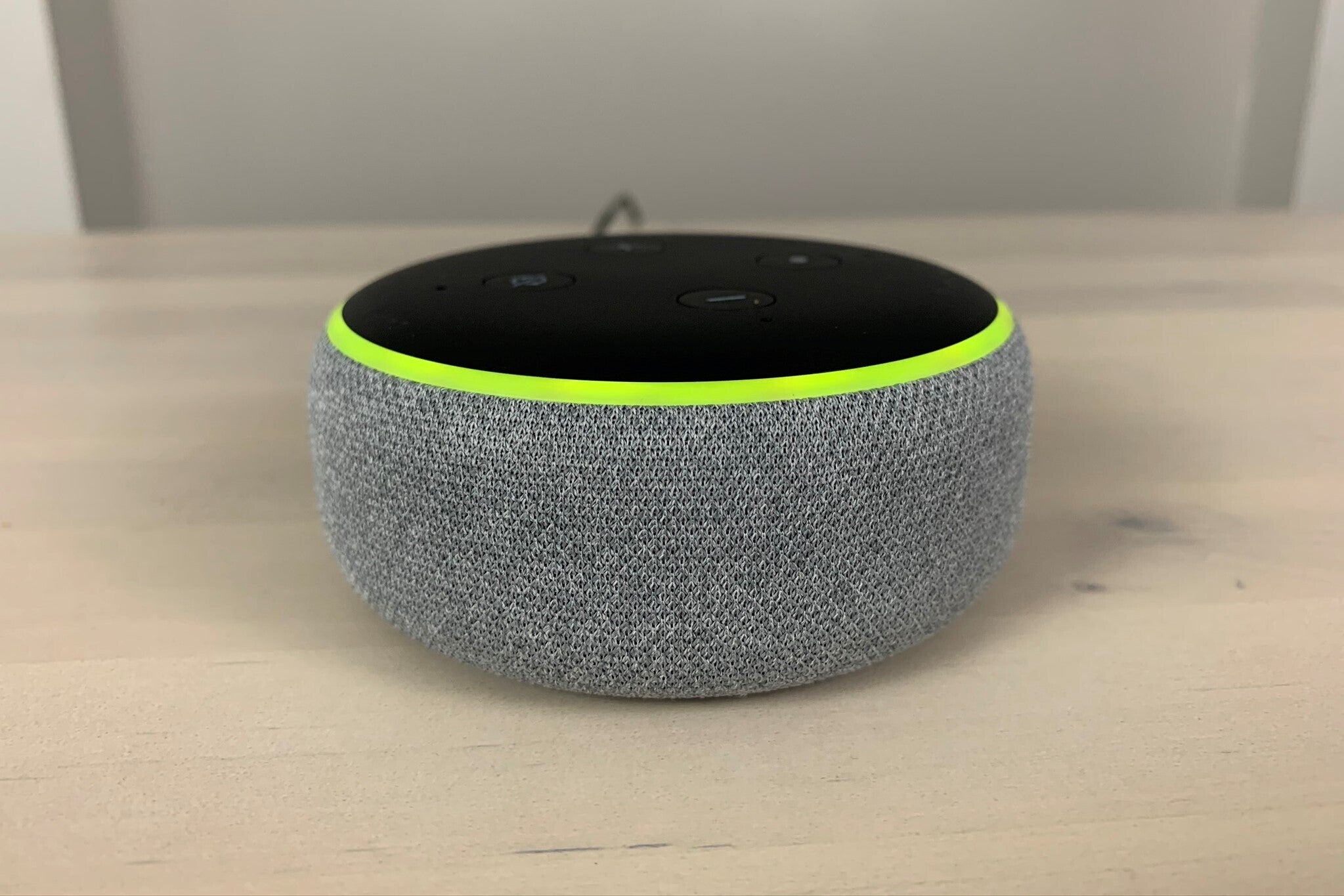

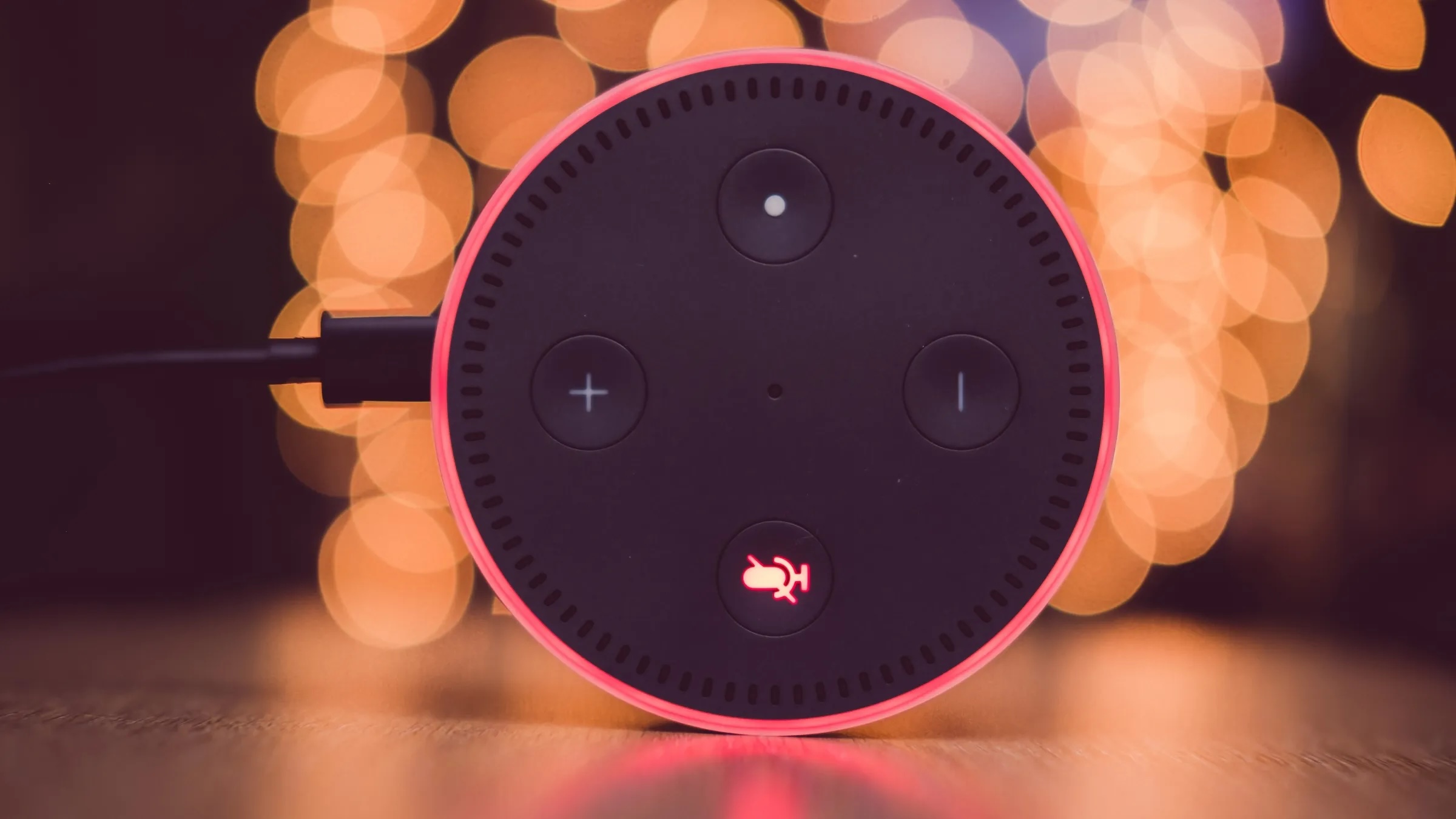

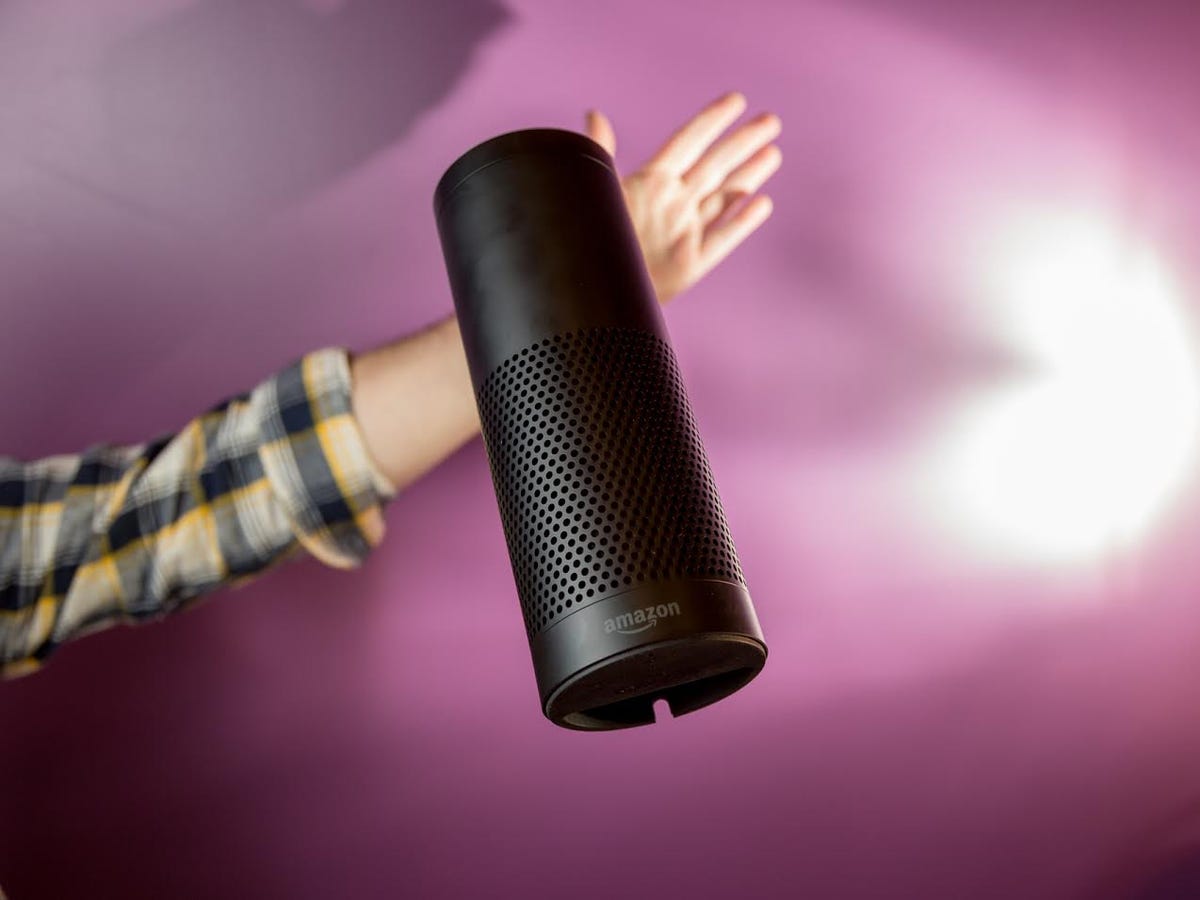

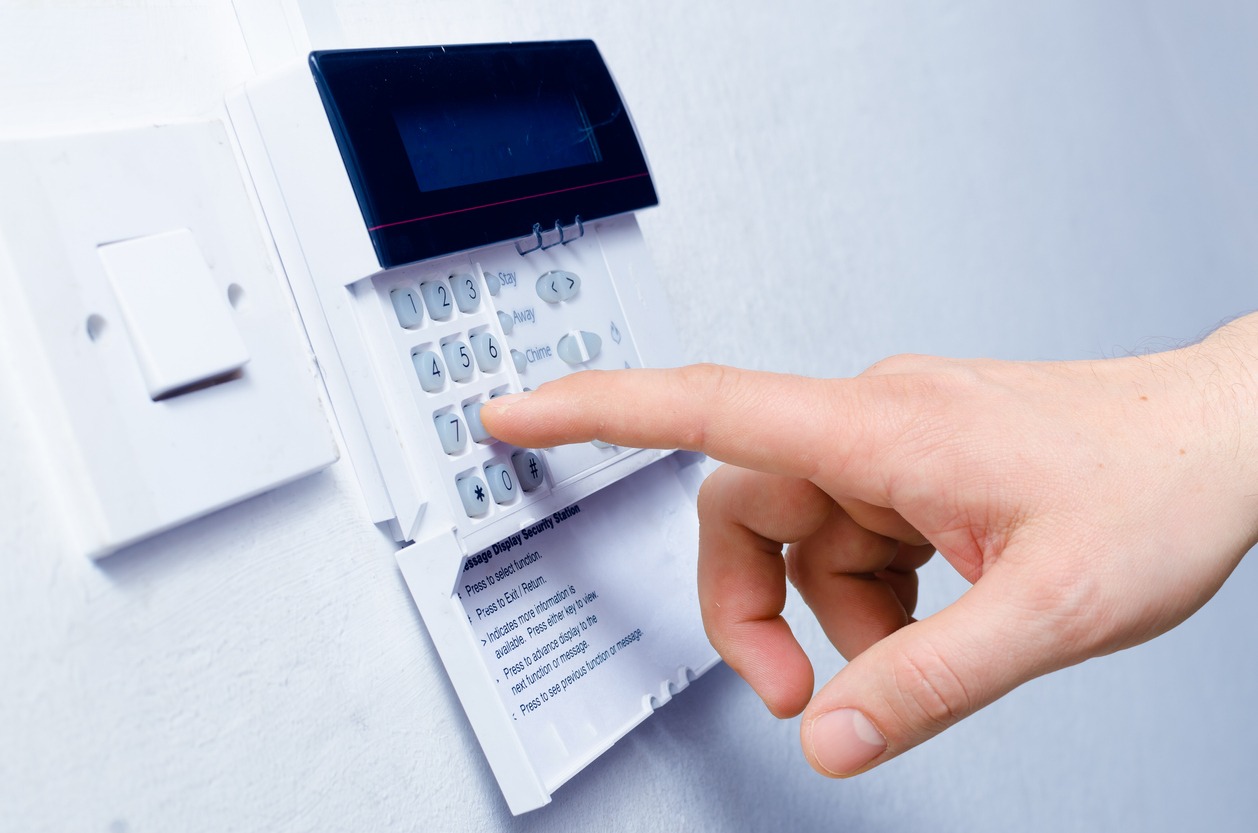

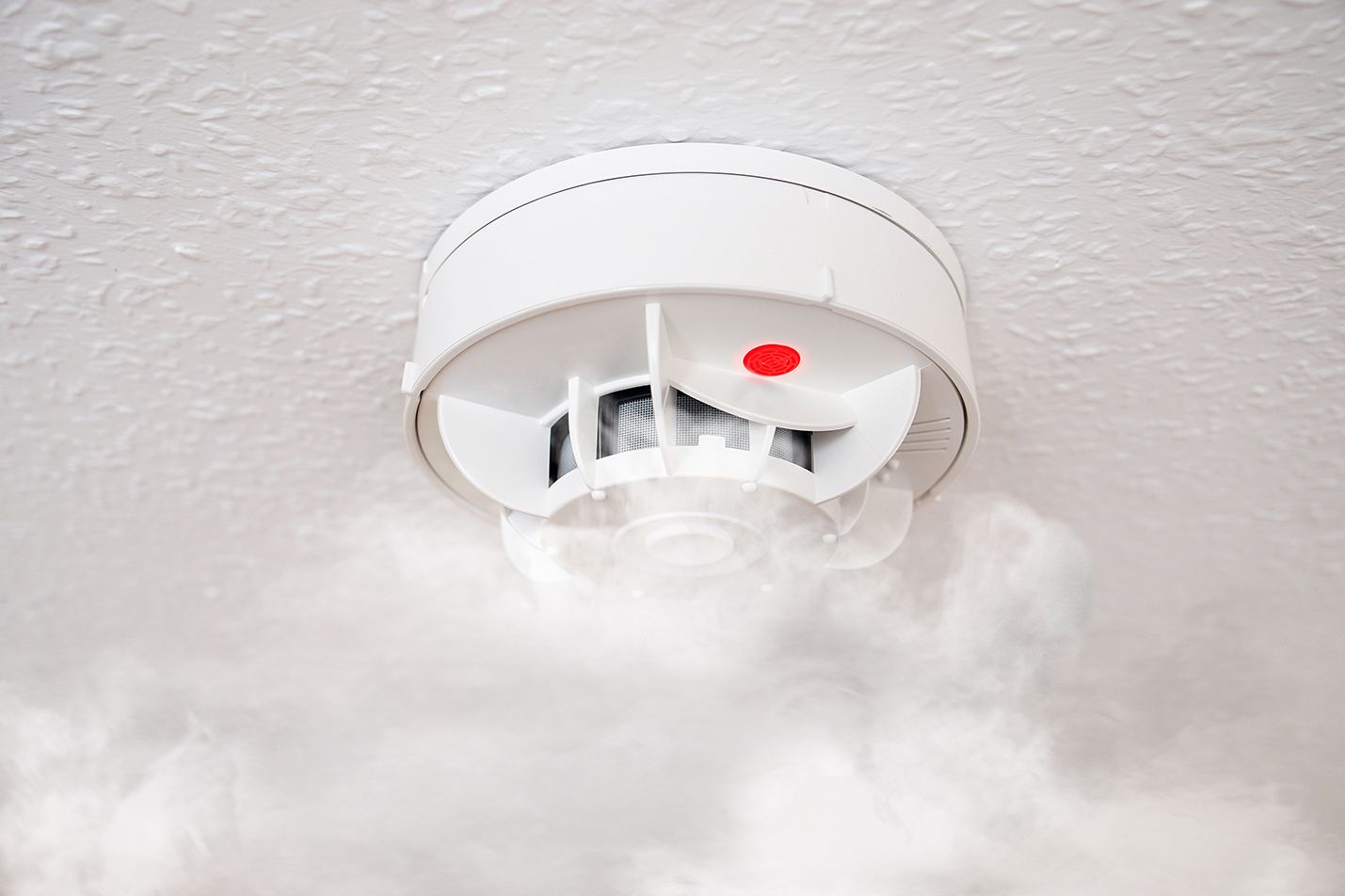

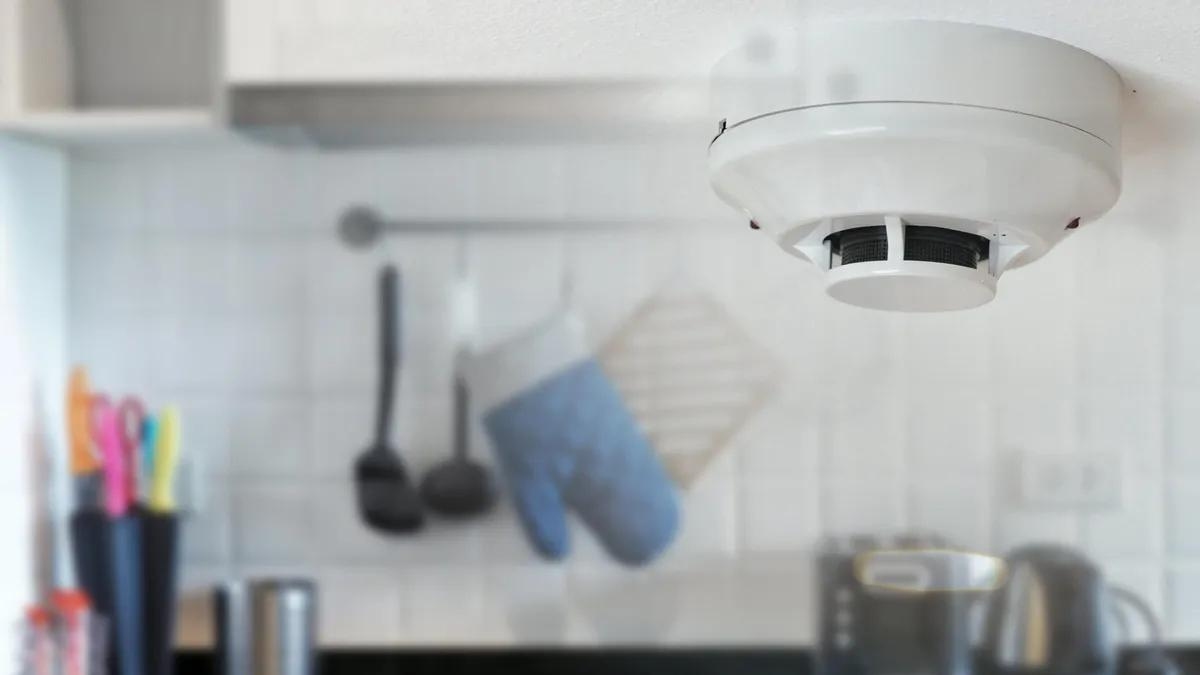

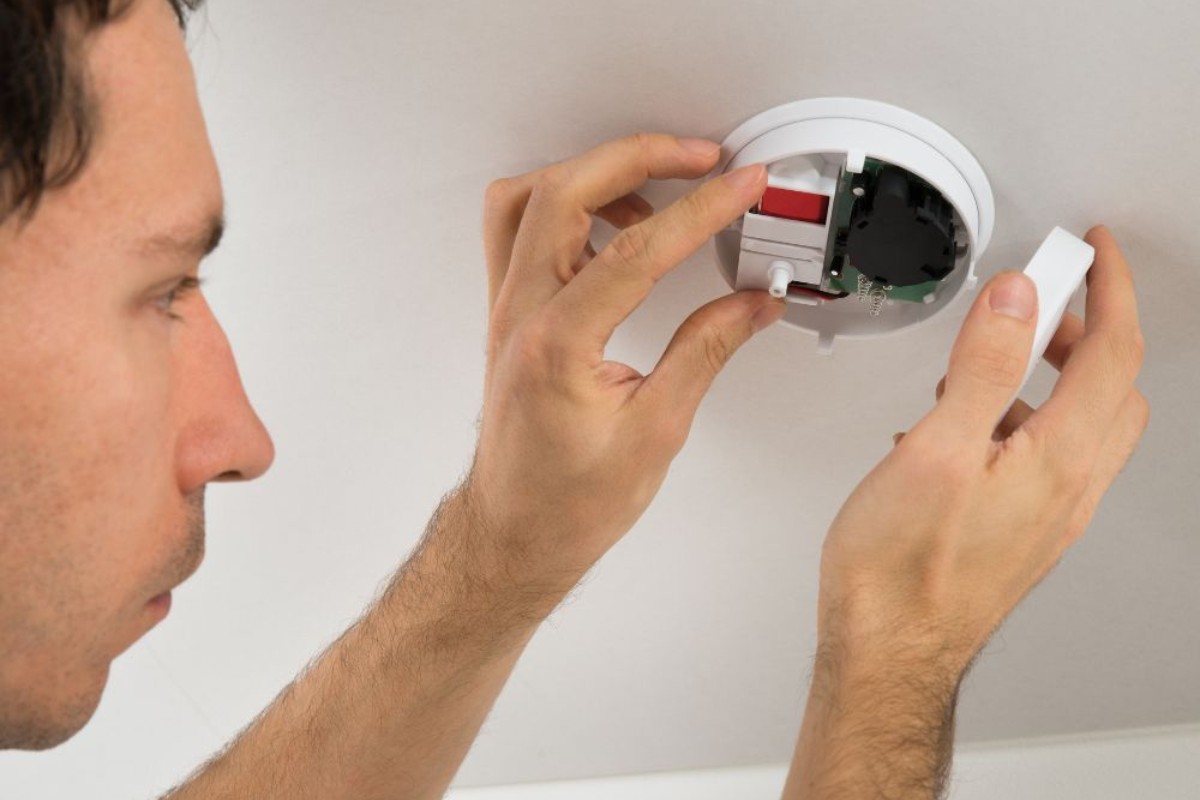

0 thoughts on “Why Does Alexa Go Off Randomly”